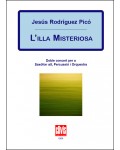
No products
Prices are tax included
Product successfully added to your shopping cart
There are 0 items in your cart. There is 1 item in your cart.
- English
- Castellano
- Català
Quasi una polka
DE586
Quasi una polka is a bit of symphonic fun written by Jesús Rodríguez Picó. The instrumentation confers a certain importance on the percussion which besides the drums, also uses other instruments to emphasize phrases or add color to a piece which is already rich in pitch variety and whose rhythm is of a dance from the first bar.
| Period | 20th c. |
| Instruments | 2222-3231-timb.2perc.-str. |
| Pages | 48 |
| Time | 9 min |
| Contents | score |
| ISMN | 979-0-3502-0636-8 |
| Remarks | The orchestra materials are available on hire. Contact with the publisher (info@clivis.cat). |
| Price of print edition | 19€ |
| Orchestras | si |
| Edition | Digital |
Quasi una polka is a bit of symphonic fun written by Jesús Rodríguez Picó in 2008. The piece is the fruit of a commission from the Orquestra Simfònica Sant Cugat and its director, Josep Ferré, which was made with the aim of bringing the contemporary repertoire closer to the public. With this premise, Rodríguez Picó set out upon the work as a symphonic scherzo in which two elements are present which ensure coherence: the polka rhythm at the base (although the metric treatment is quite free) and the melody of the Catalan folk dance El ball de la civada (The oat dance). Both elements appear often in a distant manner, but are essential in order to give the work a fun and happy air, in the same line as the polkas free of anger from Stravinsky or Dimitri Shostakovitch.
The instrumentation confers a certain importance on the percussion which besides the rather humorous intervention of the drums, also uses other instruments (bongos, xylophone, plate, etc.) to emphasize phrases or add color to a piece which is already rich in pitch variety and whose rhythm is of a dance from the first bar.
David Puertas

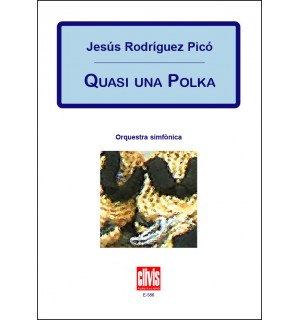




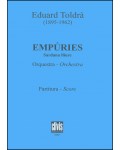
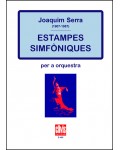
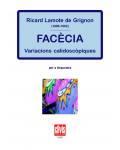
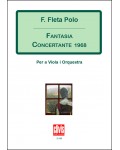
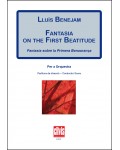
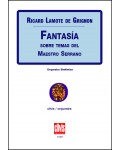
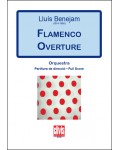
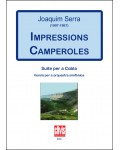
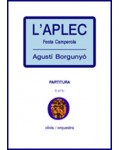
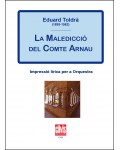
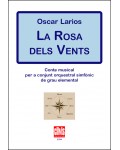
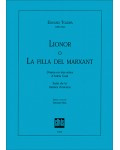


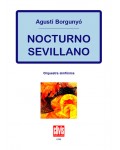
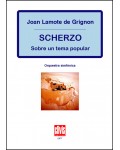
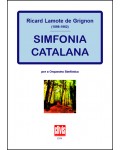
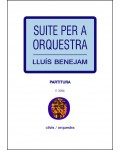
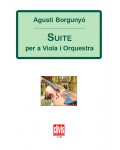
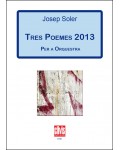
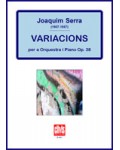
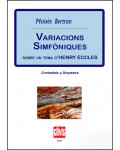
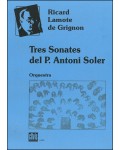
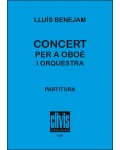
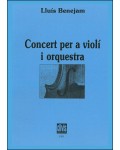

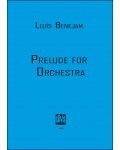
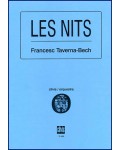
![La rosa dels vents [parts]](https://www.clivis.cat/1587-home_default/la-rosa-dels-vents.jpg)
